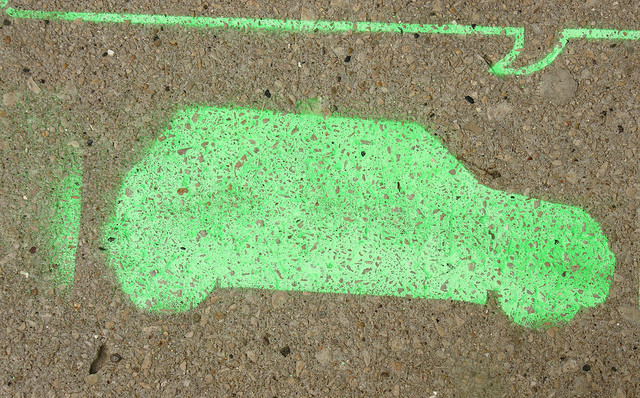
On Tuesday I went to hear Robin Chase talk about her book, Peers Inc. Chase is known for developing ZipCar, a hugely successful short-term car rental system. Chase was inspired to find ZipCar due to her frustration with transport options in Cambridge, Massachusetts, where she lives with her husband and children. The first vehicle available through ZipCar was parked in front of her house and she could look out the window to see ZipCar members pick up the car. Eventually, the company grew to over 20 cities with more than 13,000 vehicles. ZipCar was sold to AvisBudget for $500M in 2013.
In 2015 her story has a real mom-and-pop quality to it, Chase bought the cars herself, and the initial rental cars were named with monikers like Betty. Chase emphasizes that the success of ZipCar was based on designing and building a great website that streamlined transactions. But she was also out buying actual cars and having to manage their parking spaces and other traditional car rental issues. Today car sharing companies like BlaBlaCar Uber or Lyft are truly virtual with the company executives only physically seeing a few of the cars in their system. And they don’t own the cars at all.
It is funny to think that Chase’s breakout company, launched just 14 years ago, now seems quite old-fashioned. Mainly because the company had to purchase and manage physical assets. Now the breakout companies are all leveraging physical assets that belong to others.
This is interesting to me because this approach is, potentially, far more environmentally friendly. In theory, leveraging existing underutilized assets is far better than creating and accumulating more. However, how the business model works on the ground makes all the difference environmentally. For example, Uber is a sufficiently lucrative business that some drivers acquire cars just to drive for Uber, putting more cars on the road, exacerbating traffic, and increasing emissions. BlaBlaCar, the European long-distance ride-sharing platform on the other hand, should not–in theory–incentivize the purchase of cars because drivers are not allowed to profit from their use. Riders simply offset the cost of the driving. The spread of BlaBlaCar should actually reduce the demand for cars since rides are more generally available and the need to own a car will be reduced.
Chase made a name for herself with ZipCar, but her focus is no longer on expanding transport options. Rather she has a much more ambitious goal of challenging entrepreneurs to use the power of the Internet and mobile devices to tackle the problem of global warming. Of course, transportation apps should be at the forefront of this important work. After all, car emissions are a major contributor to global warming. BlaBlaCar does seem to have the potential to incentivize green behavior, but it may have a negative impact if it begins to pull riders from the existing (European) train and bus network into cars. Trains have much lower emissions, per passenger, than cars, but may be more expensive. I have not seen any studies on this issue, but it is an area of concern. Similarly Uber, Lyft, Shuddle, and Skip, Hop, Ride are all transport services focusing on convenience, not sustainability. While they offer time savings to their clients, they add to congestion, increase emissions, and thus might not be the best global warming solution.
It will be interesting to see whether future versions of transportation apps start to focus more on conserving resources and diminishing the number of cars on the road. The issue is not just how to do this, but how to make money doing it.
At GoKid we are serious about meeting Robin Chase’s challenge–what she called a “dare.” We want to help parents save time by carpooling more, and reduce stress by making carpooling easier, but we also want parents, and their children, to think more about how we all contribute to climate change and how we all can work together to realize the exponential change that is needed to slow down global warming. Chase showed slides of the growth of innovative companies like Airbnb and Duolingo; their growth has been shockingly huge. Airbnb is now larger than any major hotel chain in the world, many of which have existed for several decades, and Airbnb has been around for less than 5 years. Can there be environmental apps that will harness the same technology to achieve major environmental goals? We at GoKid certainly hope so: by leveraging the existing network of parent drivers to add children to each drive, there must be a greener way to go.


